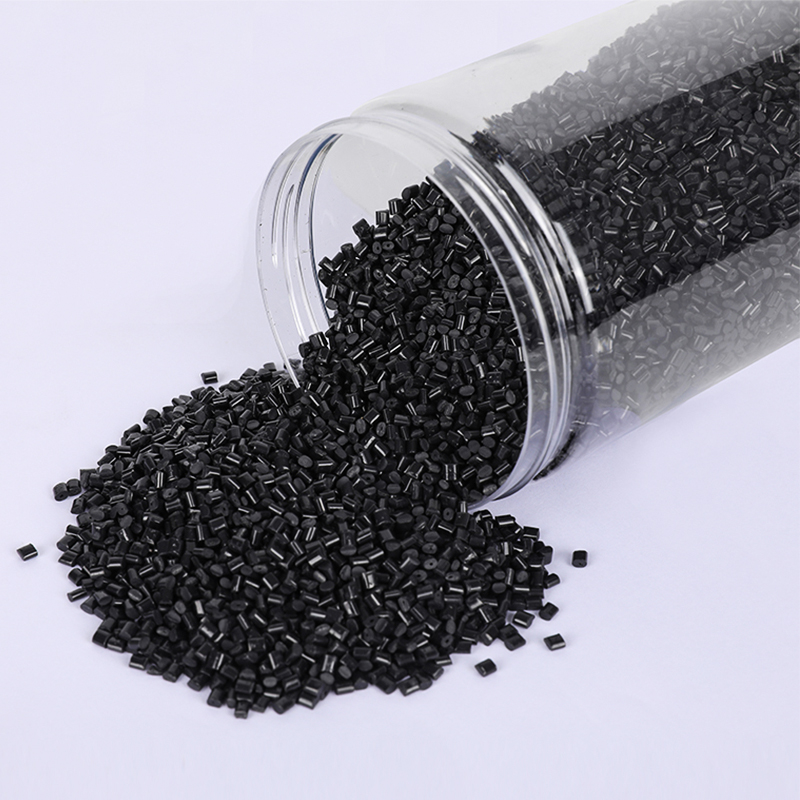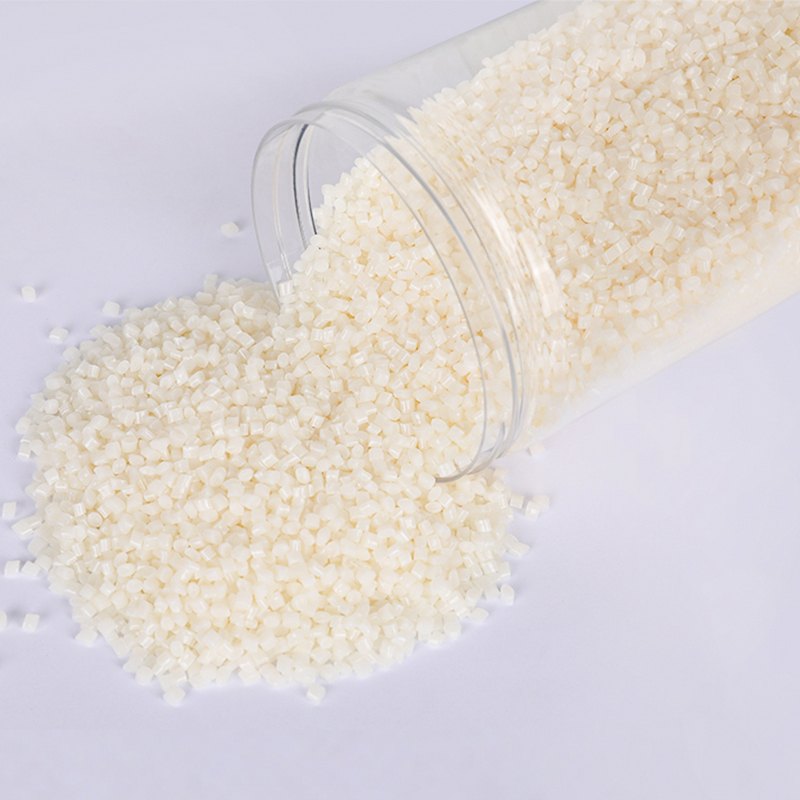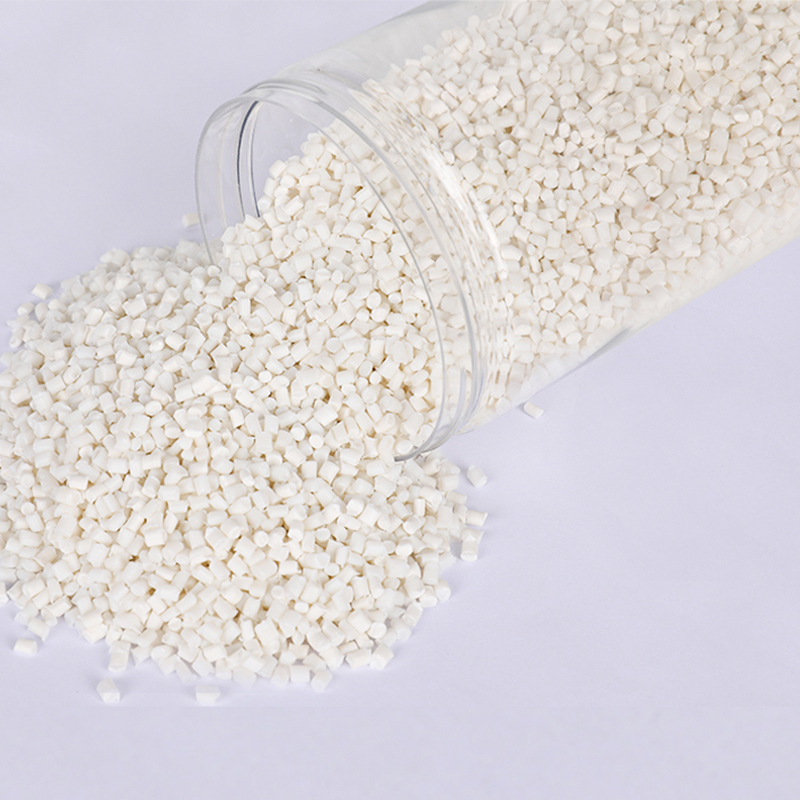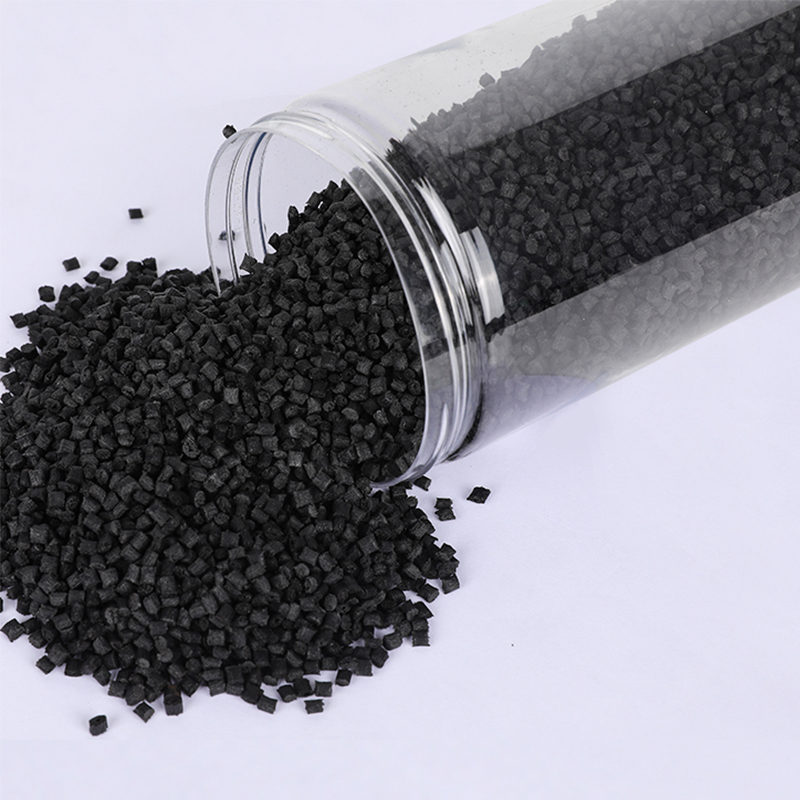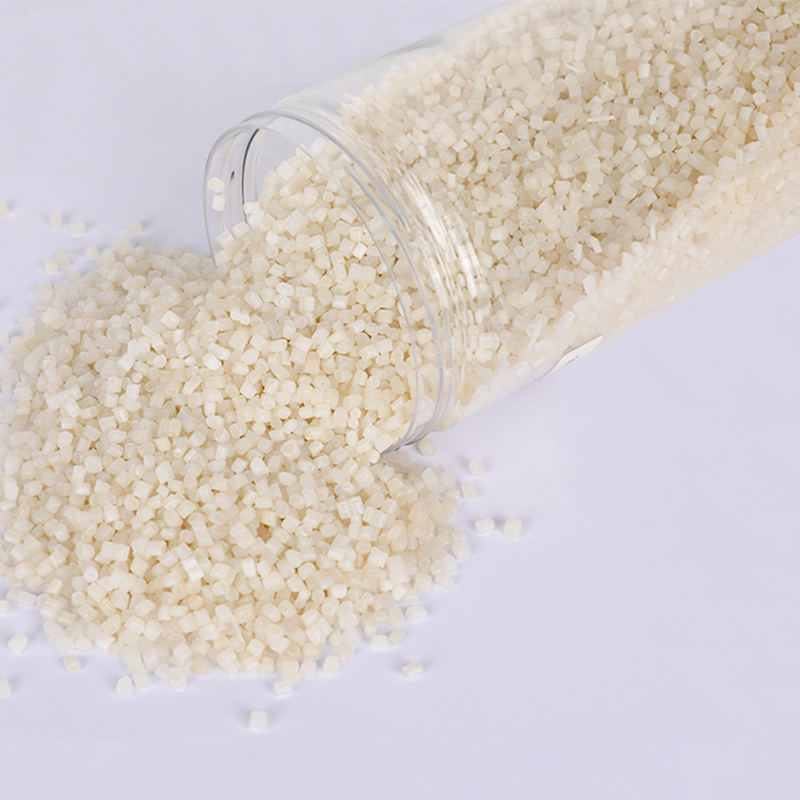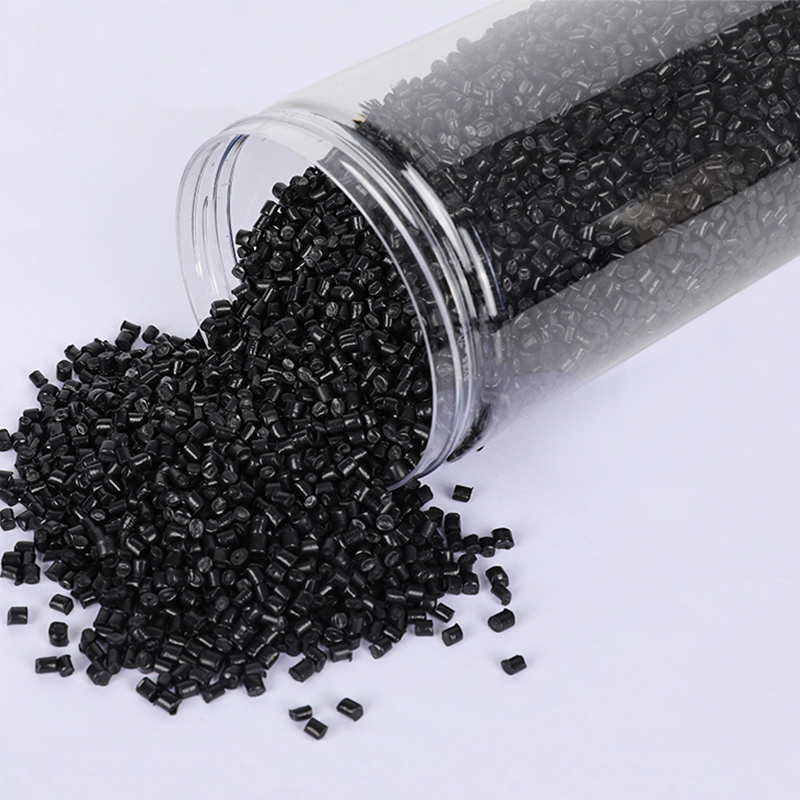In today's eco-conscious landscape, the utilization of recycled materials has become a cornerstone of sustainable practices across industries. Among these materials,
PIR recycled plastics stand out for their environmental benefits. However, understanding the nuances of their processing properties is essential for optimizing performance and achieving desired outcomes.
Material Consistency and Variability:
One of the primary considerations when dealing with PIR recycled plastics is their material consistency and variability. Unlike virgin plastics, recycled materials can exhibit variations in properties due to their previous use. These variations can impact flow properties, melt temperature, and overall processing behavior. Manufacturers must conduct thorough tests and analyses to understand these variations and adjust processing parameters accordingly.
Processing Temperatures and Parameters:
Determining the appropriate processing temperatures and parameters is crucial for successful handling of PIR recycled plastics. Since recycled plastics may have different thermal properties compared to virgin materials, it's essential to establish the correct temperatures for melting, molding, extrusion, or other processing techniques. This ensures efficient processing and quality outcomes in the final products.
Degradation and Stability Challenges:
Recycled plastics, including PIR recycled plastics, can be prone to thermal degradation if not processed carefully. Factors such as multiple recycling cycles or improper recycling methods can contribute to degradation issues. Therefore, implementing proper handling practices and closely monitoring processing conditions are critical to maintaining material stability and preventing performance setbacks.
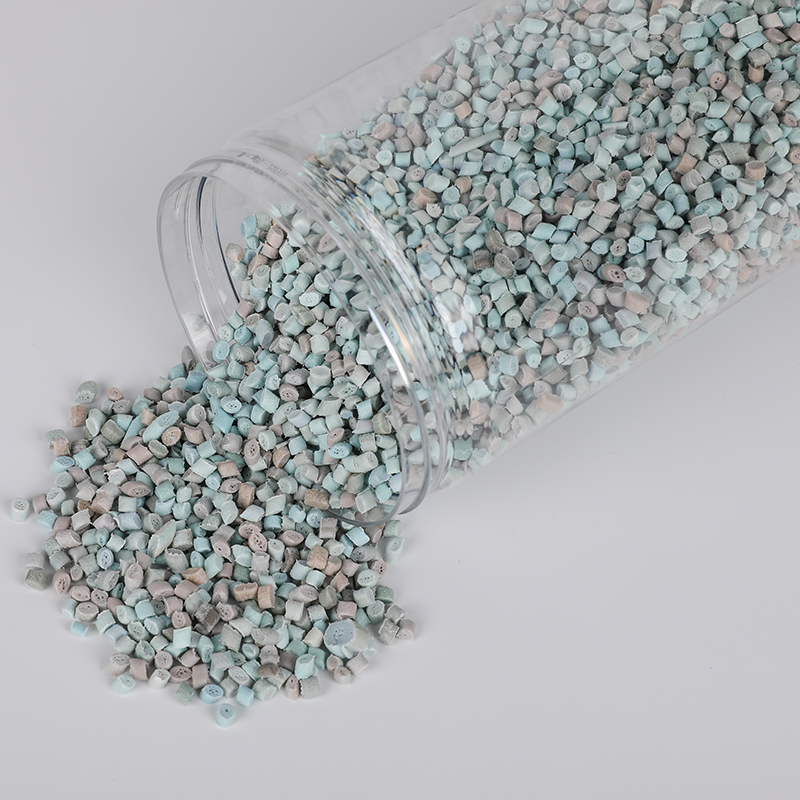
Additive Considerations for Enhancement:
To address processing challenges and enhance the performance of PIR recycled plastics, manufacturers often incorporate additives such as stabilizers, lubricants, or compatibilizers. These additives can improve melt flow, reduce brittleness, enhance adhesion, and address other processing-related issues. Selecting the appropriate additives based on the specific properties of the recycled material is essential for achieving optimal processing results.
Compatibility with Processing Equipment:
Another aspect to consider is the compatibility of PIR recycled plastics with processing equipment. Manufacturers need to ensure that their machinery is suitable for handling recycled materials, considering factors such as equipment cleanliness, wear resistance, melt homogenization, and potential interactions with metal surfaces. Proper equipment maintenance and adjustments may be necessary to optimize processing efficiency.
Quality Control Measures and Industry Standards:
Implementing robust quality control measures is paramount when working with PIR recycled plastics. Material testing, melt flow index (MFI) determination, rheological analysis, and mechanical property evaluations are common practices to assess processing properties and ensure product consistency. Adhering to industry standards and guidelines for recycling and processing recycled plastics also plays a crucial role in achieving desired processing outcomes.
Application-Specific Considerations:
The intended application of products made from
PIR recycled plastics further influences processing properties. Different processing techniques may be required for injection molding, extrusion, blow molding, or other applications. Understanding these application-specific requirements is essential for optimizing processing properties and meeting performance criteria in diverse industries.
In conclusion, navigating the processing properties of PIR recycled plastics involves addressing material consistency, processing temperatures, degradation challenges, additive considerations, equipment compatibility, quality control measures, and application-specific requirements. By proactively managing these factors, individuals and businesses can harness the sustainability benefits of PIR recycled plastics while ensuring efficient processing and high-quality end products.



 简体中文
简体中文 English
English

